“Cheat! – do the right thing?” Science Gallery 2021
Due to the Covid-19 pandemic, Science Gallery Dublin has been forced to close its doors for much of 2020 and 2021. This means that we have been unable to work in person. As a response, we have developed and delivered virtual online engagement programmes for our young learners in high school. Operating in this way has enabled our programme to be accessible to learners from all across Ireland, and specifically learners who are homeschooled and learners from schools specifically designated by the Irish government as operating in areas of heightened socio-economic disadvantage. To support this new virtual way of operating, we developed extensive evaluation tools and generated key learnings after each programme iteration, with programmes being adapted and revised based on these evaluation results. This has culminated in an optimised online engagement experience across our typical four-day programmes.
In February 2021 we implemented this structure for our INTEGRITY online programme for 15-17 year old learners in Irish high schools. This equated to a total of 432 contact hours with these students. The programme was titled “Cheat! – do the right thing?” and was designed to empower learners for issues around research integrity in their school work and daily lives. The overall objective of the programme was empowerment of the student, with specific learning outcomes focussing on the purpose and implications of drawing on the work of others, collaboration, collection analyses and presentation of data, and dealing with cheating and other unethical behaviour.
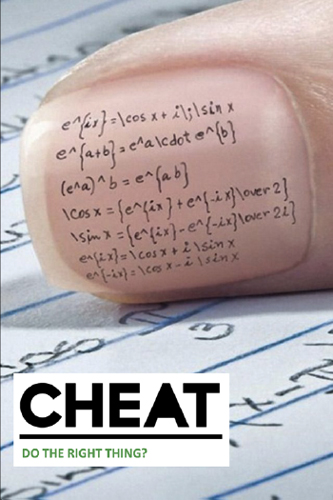
In order to explore these topics we developed and delivered workshops around a variety of topics including fast fashion, art and music, space, epidemiology, technology, communications and animal experimentation. Throughout the week learners participated in a variety of interactive, collaborative and interdisciplinary workshops and discussion fora. This was designed to lead to a final task which required the students to co-create materials and tools for teaching research integrity to their peers in high schools. The students built on their learnings and experiences of the week and identified research integrity issues of particular relevance to themselves and their daily lives. The focus was on identification of these research integrity related issues, and how they might identify, highlight and address such issues. Through quick co-creation design sprints learners ideated, defined, and prototyped their ideas in small groups working collaboratively. They then refined and presented their ideas to the larger group. This acted as a final outcome for the learners, presenting their co-created exhibition to each other and the facilitators.


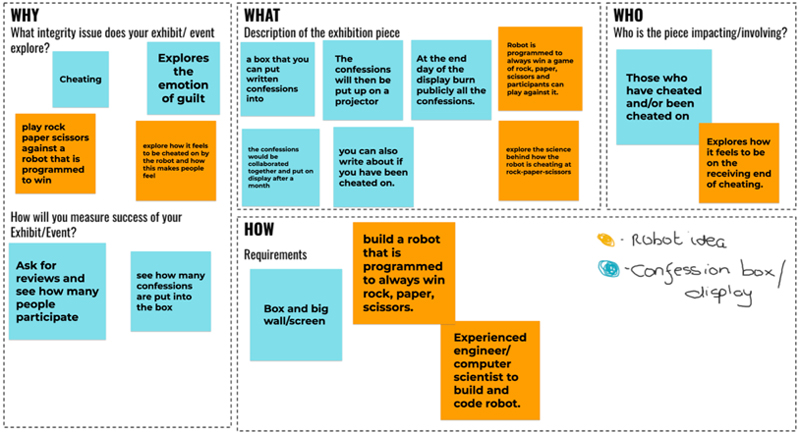
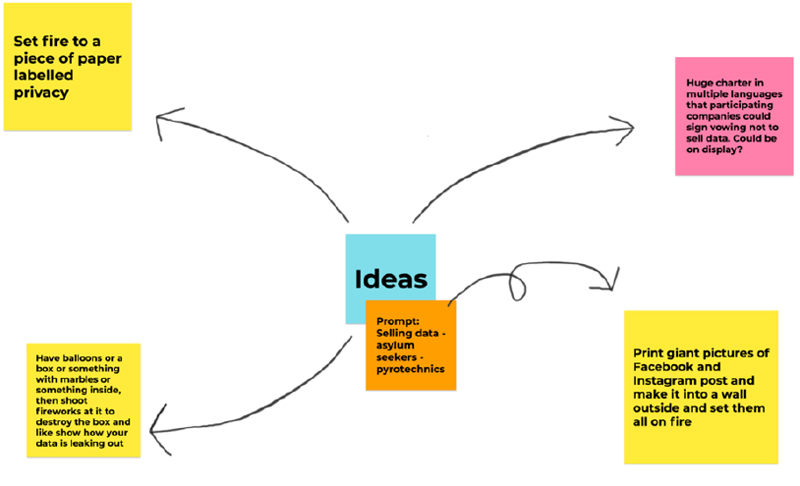
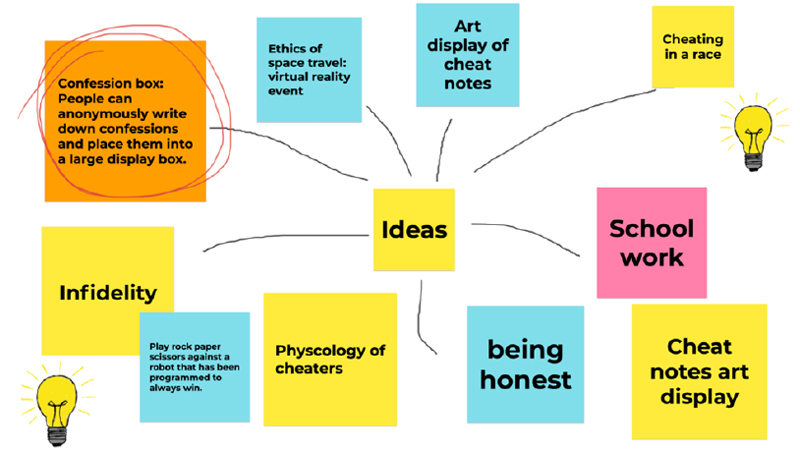
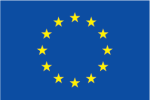
Leave a Reply